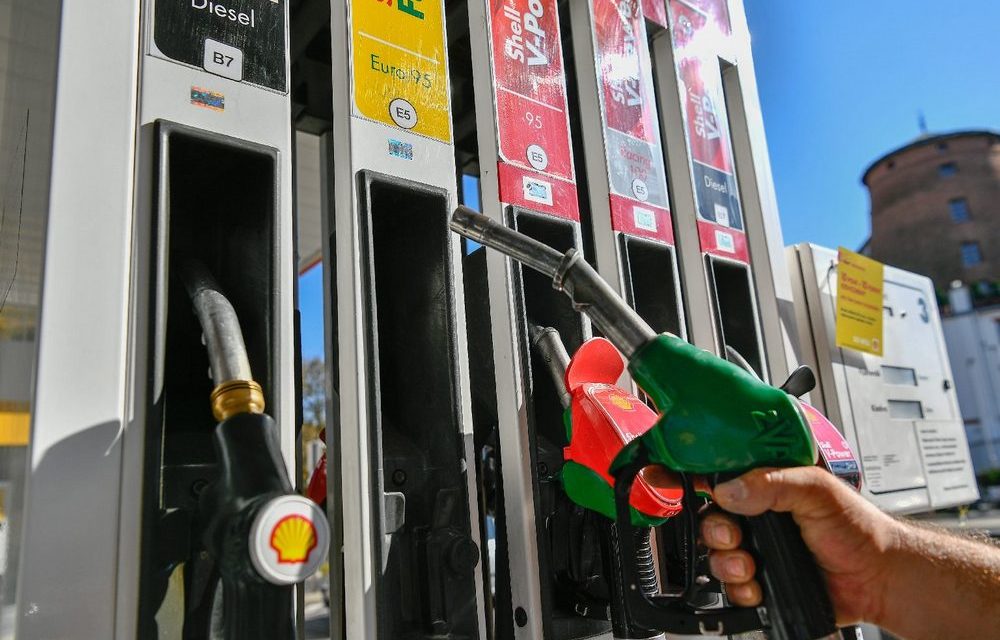It is becoming more and more difficult for the world's oil refineries to produce enough diesel, which may lead to severe shortages in industry and transportation, and this may further strengthen inflation.
Crude oil prices are getting closer and closer to the price level of $95 per barrel, which has also led to a significant increase in the price of refined fuels. Of these, the price of diesel has risen significantly, the price of diesel in Europe has risen by 60 percent since the end of the summer, which is the largest increase ever measured at this time of the year.
Refineries around the world have been dealing with weak output for months after scorching summer heat in the northern hemisphere forced plants to operate at lower levels, leading to lower existing inventories.
At the same time, oil companies are under serious pressure to produce products such as gasoline or jet fuel, for which demand has risen sharply. As a result, diesel has been pushed into the background, and now a serious shortage is emerging on the market - the article quotes Callum Bruce, an analyst at Goldman Sachs.
Last week's report by the International Energy Agency (IEA) calculated that diesel consumption will increase by around 100,000 barrels per day this year. They expect half a million barrels per day for gasoline, and more than one million barrels per day for jet fuel and kerosene.
In addition, less efficient plants were closed worldwide during the coronavirus epidemic, and despite producers trying to keep up with the increase in consumption, many refineries simply no longer exist. Diesel is a key industrial and transportation fuel, and declining supplies could affect the entire economy through reduced production and transportation, with higher prices being passed on to consumers.
The biggest problem is that several major oil exporters - Russia and Saudi Arabia - have announced production cuts, which would significantly limit international supply ahead of the winter months.
The jump in diesel prices is basically the result of a decrease in supply, for which exporters and refiners are also responsible, and most countries were unable to stockpile enough fuel during the summer, said Eugene Lindell, head of refined products at the London-based industrial consultancy FGE.
However, there is still hope that the diesel shortage will ease soon. As the cooler winter months approach, the weather is less restrictive for refineries, which have already realized that neglecting diesel will have serious consequences, and high diesel prices also encourage them to produce more, reports Világgazdaság based on information from Bloomberg .
Source: hirado.hu
Cover photo: MTI/Zsolt Czeglédi













